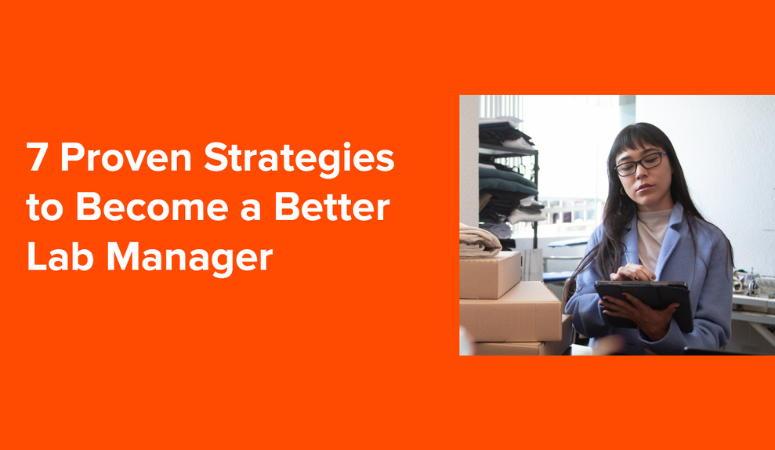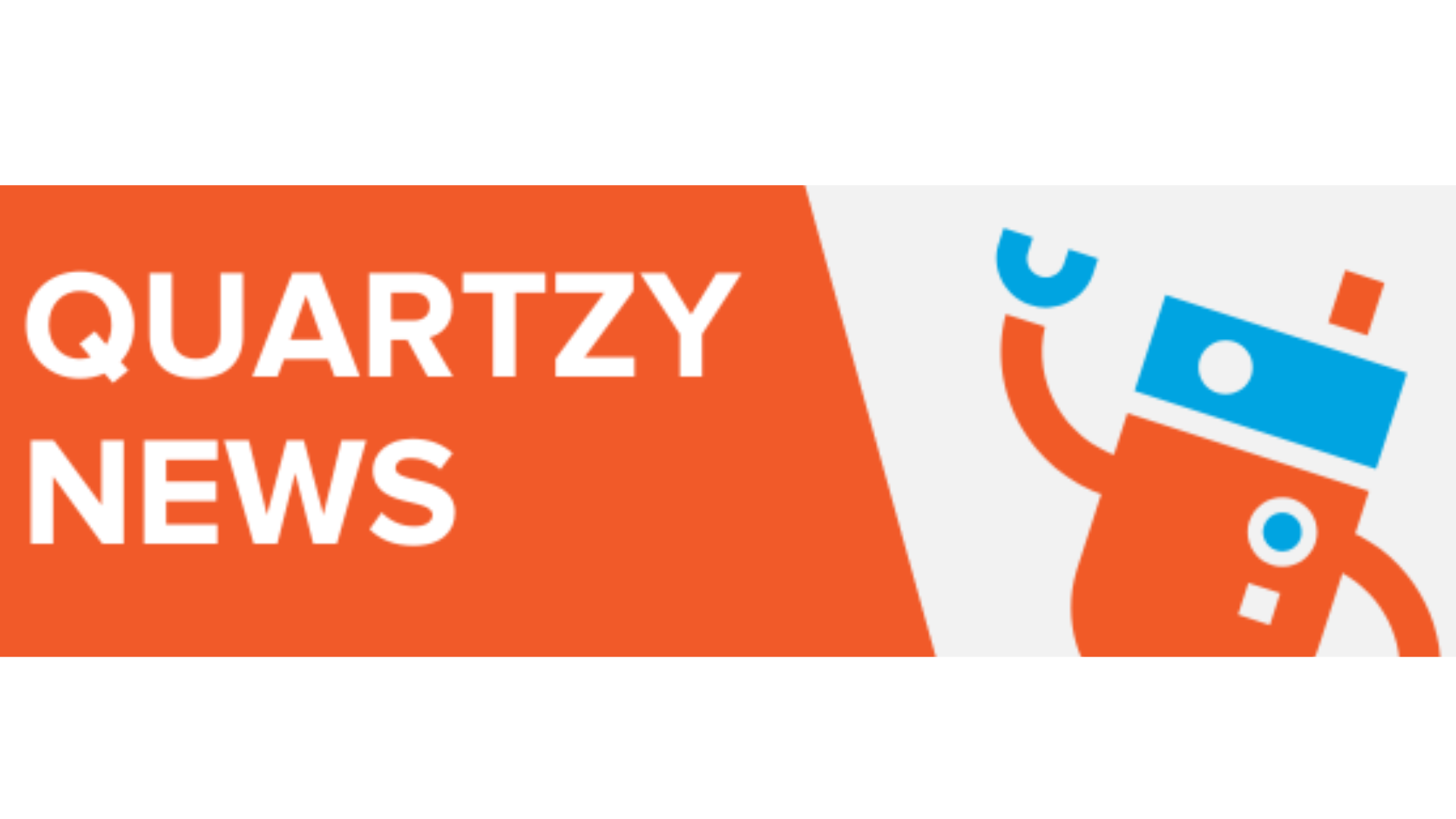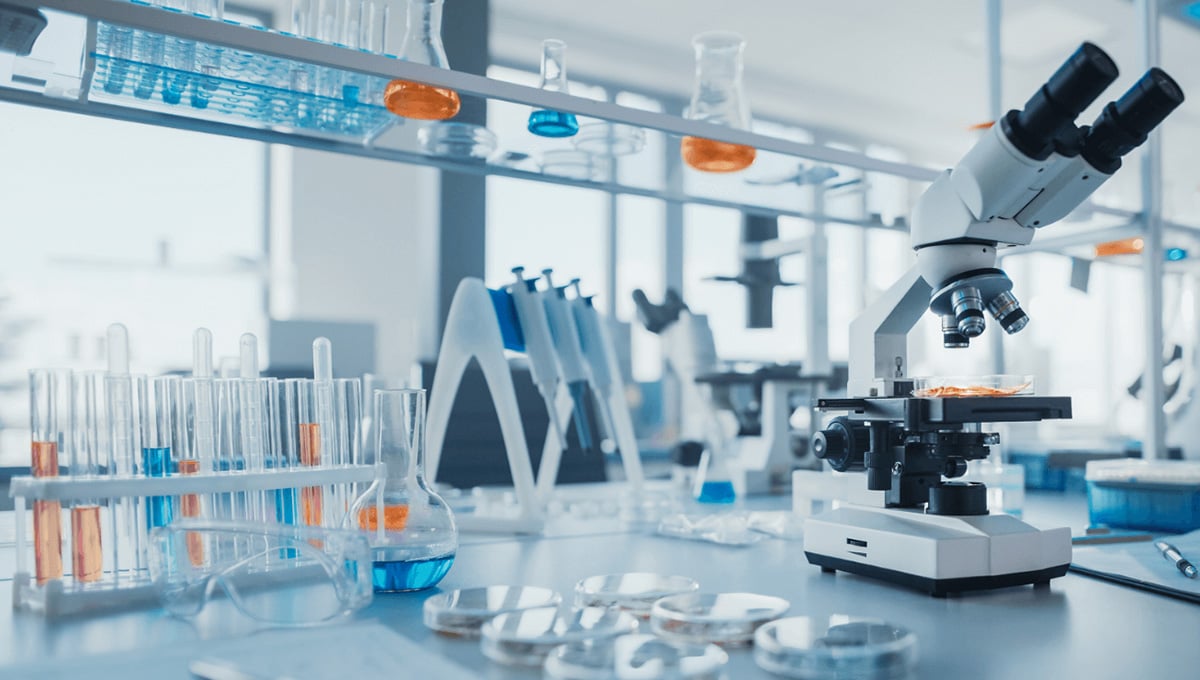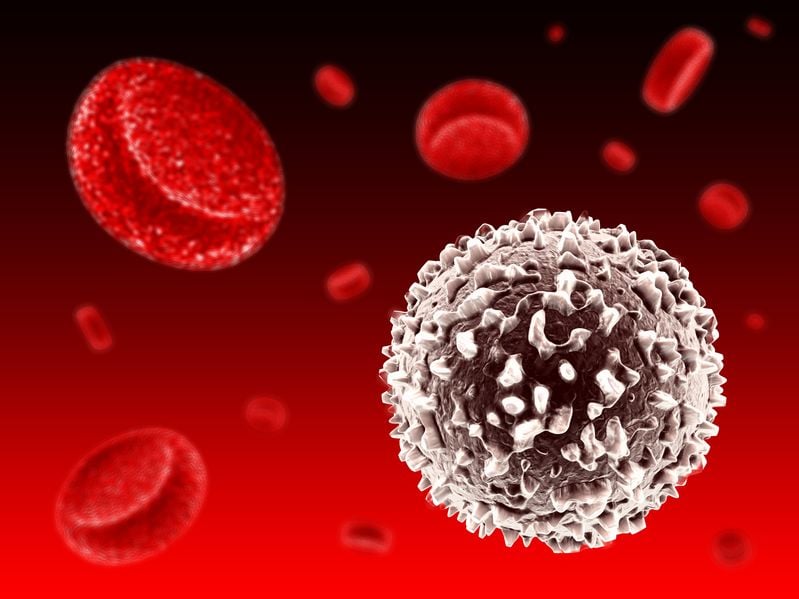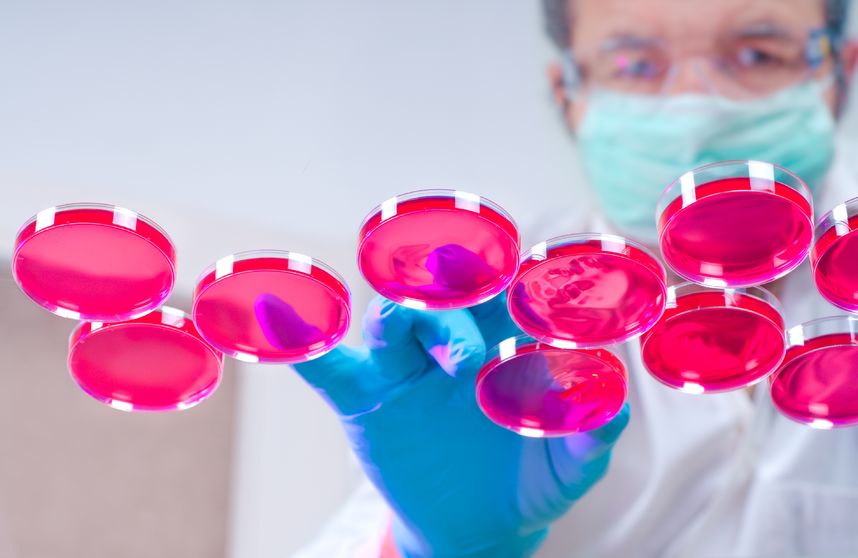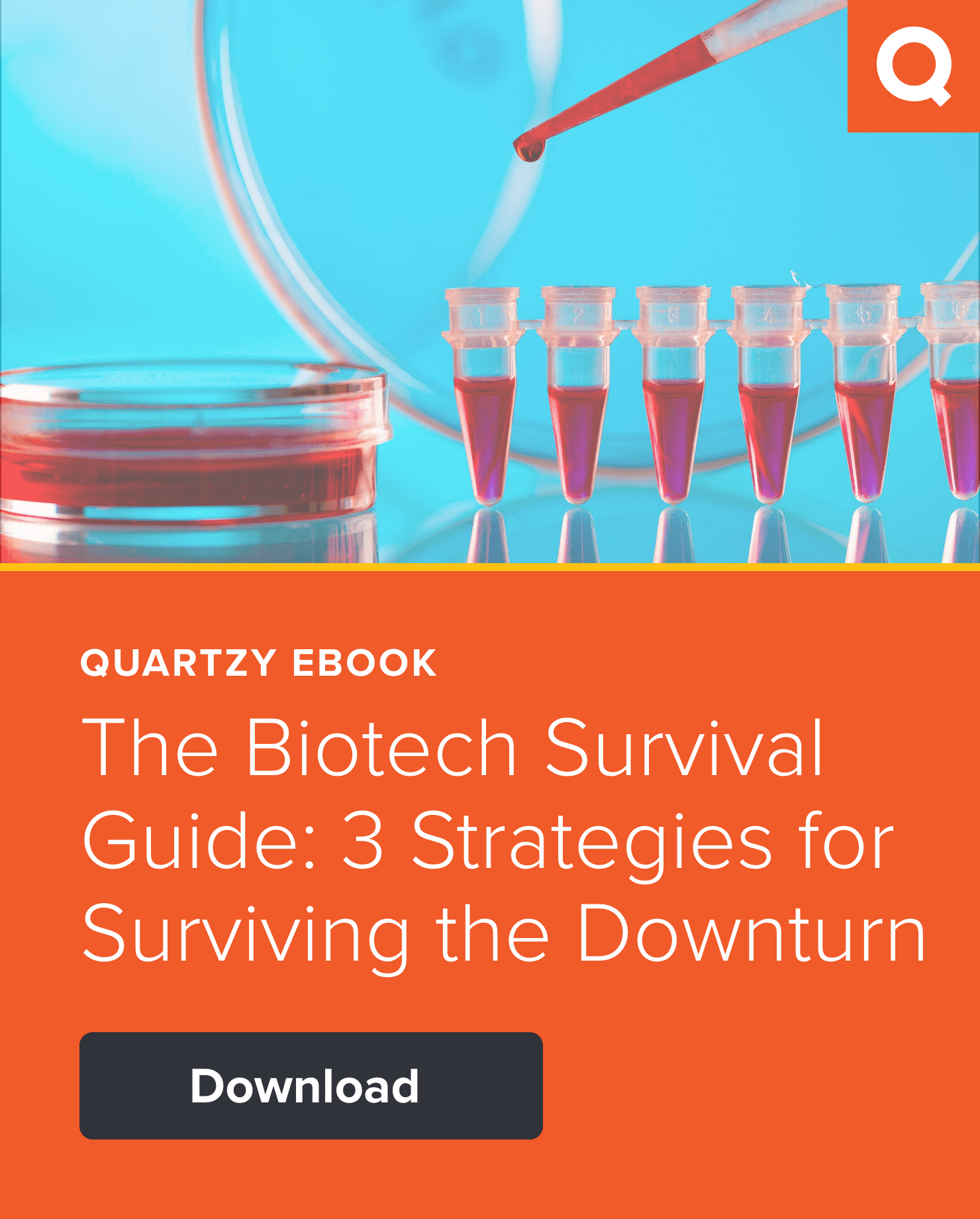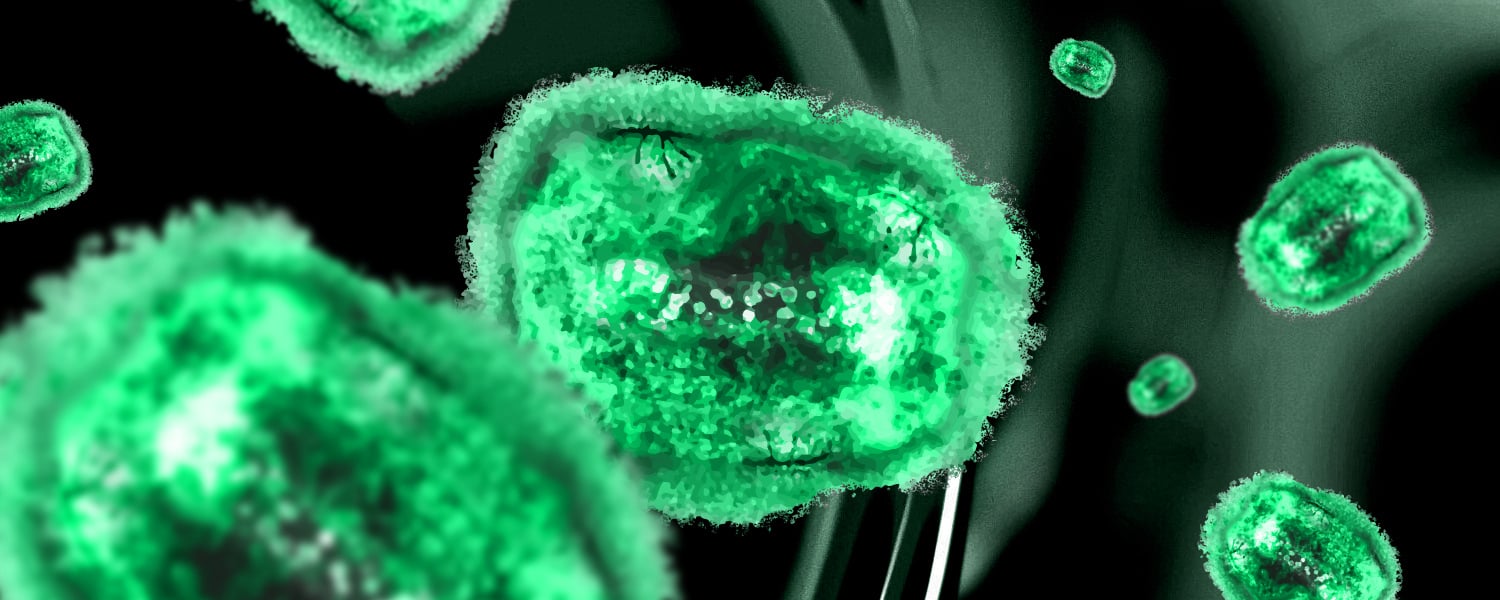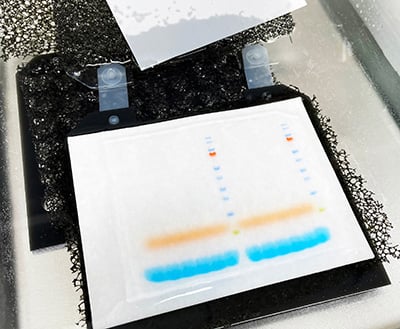In the early stages of the pandemic, supply chains underwent a stress-test like none other before. Pushed beyond their operational limits, entire supply networks buckled under the weight of a just-in-time inventory system, causing disruptions on a global scale. While revealing, such a shock magnified a brittleness that had always existed, pointing out not an unavoidable weakness, but a design choice in the way that supply chains have been structured.
Today, with what we can only hope as the worst of the stress-test behind us and now an eye on climate change, the results sit before us and there are decisions to be made. In the case of the research industry, the breaking points are clear. Take for example the some 8 million metric tons of pandemic-related plastic waste generated over the last two years, or the record-setting lead times given for critical labware. To consider these as acceptable byproducts of an otherwise ‘efficient’ supply chain is to accept inaction in the face of change.
With this in mind, how might we go about building a more resilient scientific supply chain – one that both better meets the needs of scientists and the demands of the low-carbon economy of the future? To do so, we must decouple the pace of innovation from the creation of waste and planet-warming emissions, but how?
From the outset, we at Quartzy have committed ourselves to simplifying the inventory management processes that accelerate the speed of innovation. Throughout the pandemic we have made key improvements to the platform in an attempt to smoothen supply chain disruptions and add greater visibility to ordering. While we continue to improve Quartzy’s integrated supply management platform, we are simultaneously pursuing solutions to prevent backorders altogether.
In an effort to build-out a more resilient scientific supply chain, we are collaborating with Polycarbin, a recycler and lab product re-manufacturer. Behind Polycarbin’s Closed-Loop Collection of lab products exists a larger vision, one rooted in creating a ‘circular supply chain’ within the life sciences whereby valuable plastics are kept in use to offset the need for new materials in the lab product manufacturing process.
Polycarbin’s Closed-Loop Collection of lab products is made from post-consumer, circular economy resin, ranging from 20% to 85% recycled material by weight, sourced in part from our pipette tip box mailback service. By making use of this readily available and high-quality recycled feedstock, Polycarbin’s supply chain is able to better weather disruptions in the face of an ever-changing manufacturing landscape, ensuring the availability of the products you need to keep pace with your experiments.
Together, Quartzy and Polycarbin are excited to bring the only line of sustainable, circular economy laboratory products to market, now available on Quartzy’s inventory module. By purchasing from Polycarbin’s Closed-Loop Collection, your research budget goes further, working hard to replace ubiquitous single-use plastics along with their sizable footprint.
.png)
